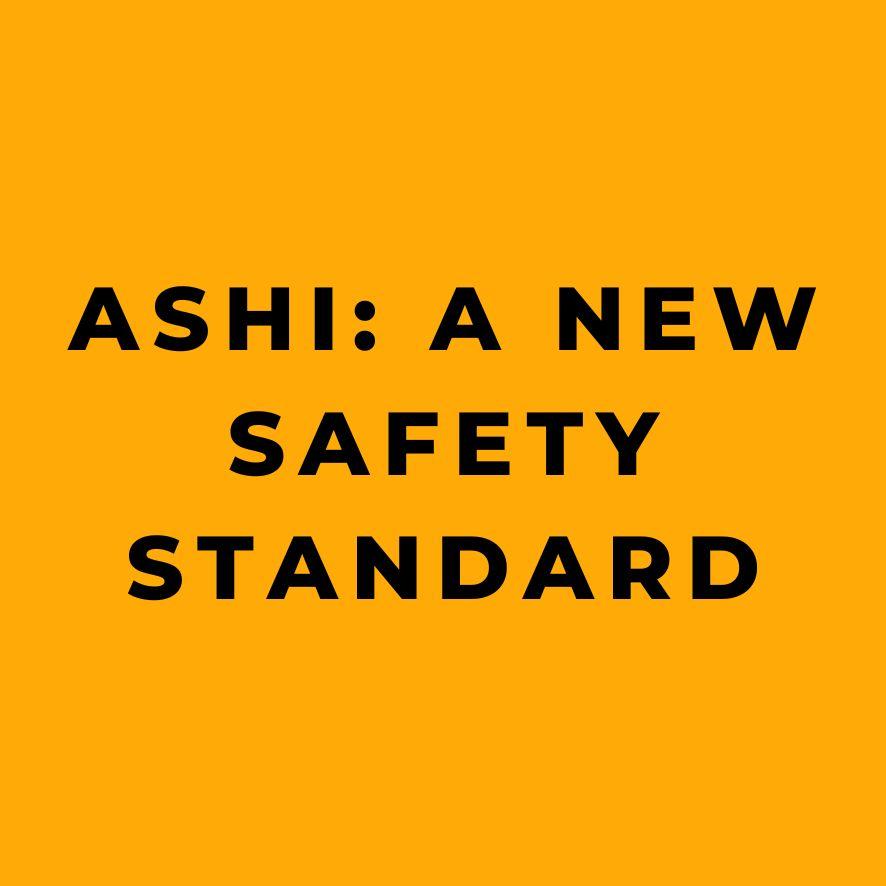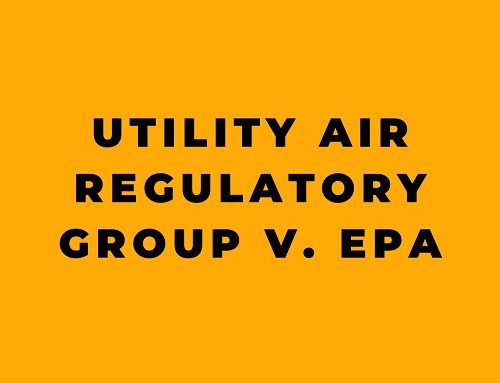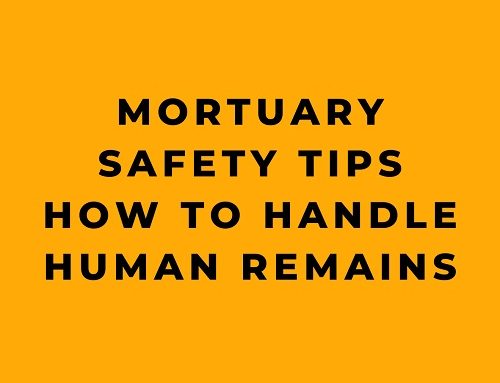The American Society of Home Inspectors (ASHI) plays a crucial role in setting the standards for home inspections to ensure the safety and well-being of homeowners. ASHI’s Code of Ethics and Standard of Practice guide home inspectors in conducting thorough and professional inspections. In this comprehensive article, we will delve into ASHI’s role in establishing a safety standard for home inspections, the core principles of ASHI’s Code of Ethics, and the practical implications of adhering to these standards.
Understanding ASHI’s Code of Ethics and Standard of Practice
ASHI’s Code of Ethics sets forth obligations of ethical conduct for the home inspection profession. Integrity, honesty, and objectivity are fundamental principles embodied by this Code. The purpose of the Code of Ethics is to provide high ethical standards to safeguard the public. It emphasizes the importance of honesty, fairness, and impartiality in the inspection process.
The Standard of Practice, on the other hand, outlines the minimum and uniform standards for home inspections. It defines the scope and limitations of a home inspection, covering various systems and components of a residential property. The Standard of Practice serves as a guideline for inspectors to conduct thorough and systematic inspections while adhering to ethical standards.
Key Elements of ASHI’s Code of Ethics and Standard of Practice
1. Integrity and Objectivity: ASHI’s Code of Ethics emphasizes the importance of maintaining integrity and objectivity in the inspection process. Inspectors are expected to perform their duties with honesty and impartiality, avoiding conflicts of interest that could compromise the accuracy and reliability of the inspection.
2. Professionalism: Inspectors are required to conduct themselves in a professional manner, respecting the rights and dignity of all parties involved in the inspection process. This includes maintaining confidentiality and refraining from engaging in any conduct that could discredit the profession.
3. Safety and Disclosure: The Code of Ethics prioritizes the safety of occupants and requires inspectors to disclose observed immediate safety hazards to occupants exposed to such hazards, when feasible. This underscores the commitment to ensuring the well-being of homeowners through transparent and informative inspections.
4. Adherence to Standards: Inspectors are expected to adhere to the Standard of Practice, which outlines the components and systems to be inspected, as well as the limitations of the inspection. This ensures consistency and uniformity in the inspection process, providing clarity to both inspectors and clients regarding the scope of the inspection.
Practical Implications of ASHI’s Safety Standard
Adhering to ASHI’s Code of Ethics and Standard of Practice has several practical implications for home inspectors and homeowners:
1. Quality Assurance: By following the ethical guidelines and standards set by ASHI, inspectors can ensure the quality and thoroughness of their inspections. This instills confidence in homeowners, knowing that the inspection process is conducted with integrity and professionalism.
2. Consumer Protection: ASHI’s safety standard serves as a safeguard for consumers, providing assurance that their interests are protected during the home inspection process. The disclosure of safety hazards and adherence to ethical conduct contribute to consumer trust and confidence in the inspection profession.
3. Professional Reputation: Inspectors who uphold ASHI’s standards build a strong professional reputation based on ethical conduct and adherence to industry best practices. This can lead to positive word-of-mouth referrals and repeat business from satisfied clients.
4. Legal and Ethical Compliance: Adhering to ASHI’s safety standard helps inspectors avoid legal and ethical pitfalls that could arise from non-disclosure of safety hazards, conflicts of interest, or substandard inspection practices. This protects both the inspector and the client from potential liabilities.
Influence on Industry Practices and Trends
ASHI’s commitment to maintaining high ethical standards and promoting safety in home inspections has a profound influence on industry practices and trends. It sets a benchmark for professionalism and ethical conduct, shaping the expectations of consumers and industry stakeholders. Additionally, ASHI’s continuous efforts to enhance the standards and practices of home inspections contribute to the evolution of the industry, driving improvements in inspection methodologies and techniques.
Conclusion
ASHI’s Code of Ethics and Standard of Practice serve as a cornerstone for safety and ethical conduct in the home inspection profession. By emphasizing integrity, professionalism, safety, and adherence to standards, ASHI sets a high bar for the industry, benefitting both inspectors and consumers. Adhering to ASHI’s safety standard not only ensures the quality and reliability of home inspections but also upholds the trust and confidence of homeowners in the inspection process. As the industry continues to evolve, ASHI’s commitment to safety and ethical standards will remain instrumental in shaping the future of home inspections.










